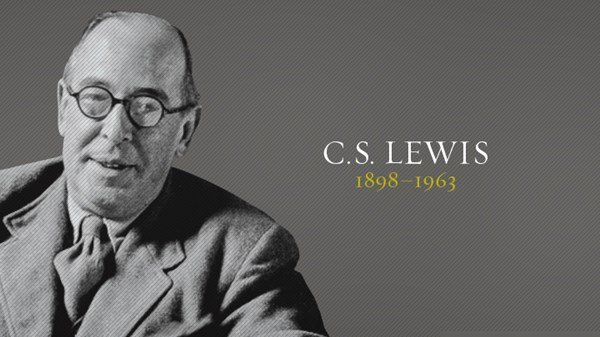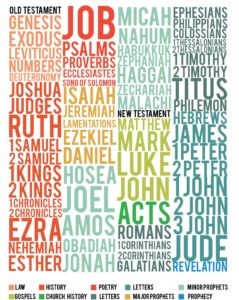
First, I have been out of commission for a couple of weeks due to fighting a kidney stone. To make a long story short, the first surgery was unsuccessful and the second surgery is scheduled for tomorrow.
The first surgery left me with a temporary stent in my right kidney. That stent prevented me from having another painful attack, but left me with nasty UTI-like symptoms. My main concern, apart from the occasional pain and discomfort, was whether or not I could preach yesterday without feeling like I had to go to the bathroom. And, trust me, with a stent in the ole saying, “When you gotta go, you gotta go,” is reality.
All that to say, this was one of those rare times in my 30 plus years of preaching that I had to preach not knowing whether I was up to the task physically.
If you’ve experienced something similar, then you know what that meant: I had to trust God more than normal.
I don’t like admitting that, but it’s true. I would rather write that I always trust God to the same degree for every sermon. But there is something about suffering for a couple of weeks that elevates the need for God’s help.
[I am keeping the past two weeks in perspective because I have parishioners who have been battling far greater suffering for much longer.]
Yesterday was a good reminder that God is merciful and I need His mercy, sometimes to a greater degree. The great thing about preaching is that it is God’s work. We do have a part to play in it, but I know He knows how much we need Him, especially when we’re struggling.
God was very gracious to me yesterday. I was able to preach a full-length message without having to run to the bathroom mid-sentence.
I hope you never have to preach with a kidney stone, but if you do our Lord will receive glory in the church and in Christ Jesus (Ephesians 3:21) as you entrust the sermon to His care.
Randal











